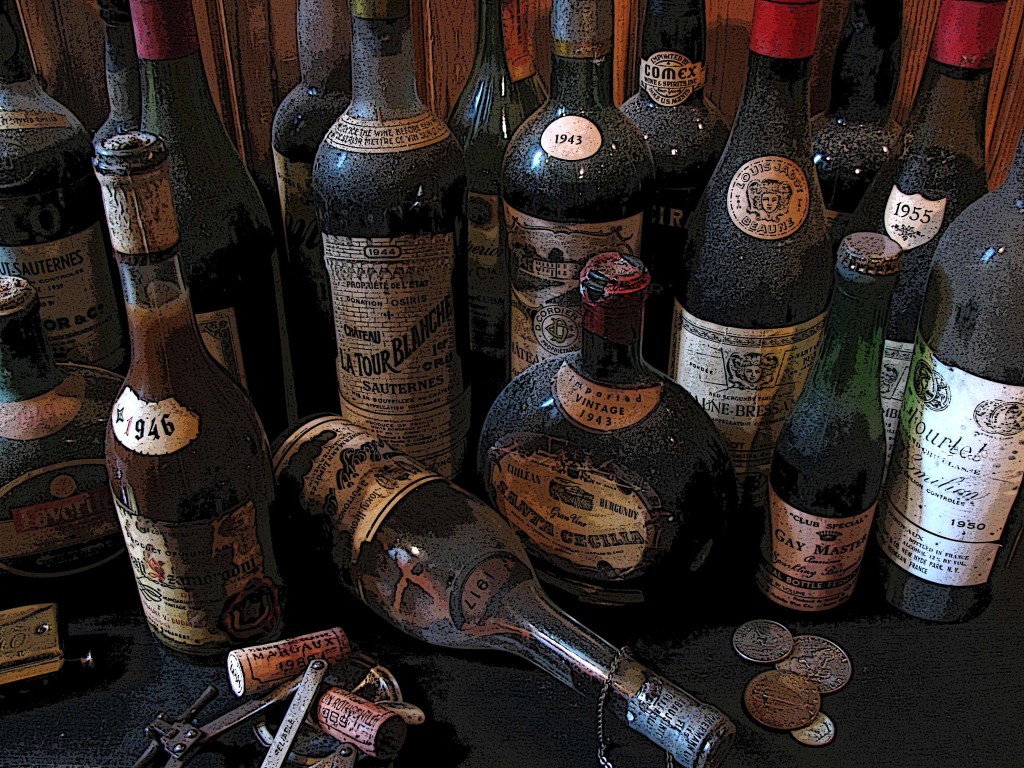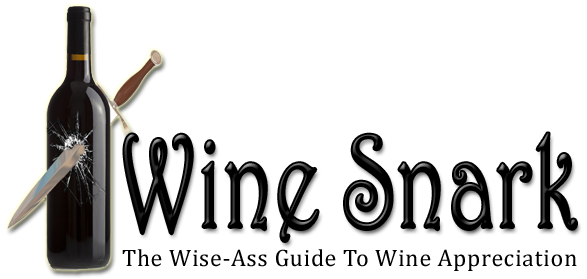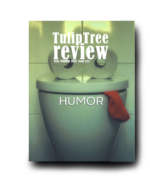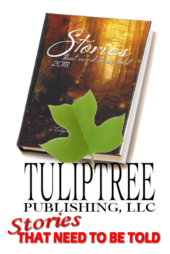Become A Wine Critic Superhero.
Chapter Four, Part Two.
 Wine critic Robert M. Parker Jr. sets the standard when it comes to sniffing out and describing the aromas found in wine. He has a unique gift for making aromatic associations and it’s not unlikely that he possesses the greatest olfactory memory banks in the wine trade. This might explain why he has become the most respected wine critic on Earth (and possibly on Krypton). What I’m trying to say is Robert Parker has memories like Wonder Woman has mammaries.
Wine critic Robert M. Parker Jr. sets the standard when it comes to sniffing out and describing the aromas found in wine. He has a unique gift for making aromatic associations and it’s not unlikely that he possesses the greatest olfactory memory banks in the wine trade. This might explain why he has become the most respected wine critic on Earth (and possibly on Krypton). What I’m trying to say is Robert Parker has memories like Wonder Woman has mammaries.
The Los Angeles Times summed it up best when they called Parker, “the most powerful critic of any kind, anywhere.” Wow! That really does makes him like, a wine critic super hero.
Faster than a speeding simile! More powerful than a loco-metaphor! Able to leap tall bibliographies that are single bound! “Look! Up in the sky!” “It’s an-aphora!” “It’s a-literation!” “It’s Super-Critic!” Yes, it’s Super-Critic… strange visitor from another planet, who came to Earth with tasting powers and abilities far beyond those of mortal men! Super-Critic, who can change the course of mighty wineries, break winemakers with a lousy score, and who, disguised as Robert Parker, mild-mannered wine critic for The Wine Advocate, fights a never-ending battle for adjectives, analogies, and the narrative way!
Let’s examine Parker’s tasting notes regarding a bottle of 1981 Chateau Beaucastel Chateauneuf du Pape. “…the 1981 Beaucastel, which represents the essence of beef blood, animal notes, and sweaty horse saddle…”¹
Hold on, stop right there.
You’re probably thinking Parker didn’t like this wine very much, after all, “beef blood, animal notes, and sweaty horse saddle” doesn’t really whet the appetite, does it? It kind of makes me want to take a shower. But his very next sentence exclaims, “Wow! What an extraordinary wine.” Just imagine how he’d describe a wine he doesn’t like.
Now you mustn’t be skeptical about Parker’s description of this “extraordinary wine.” He is, after all, simply making associations with his own personal database of olfactory memories. Parker has been known to use descriptors like “blood-soaked animal fur” so my guess is that he experienced that scent on his Maryland farm, or perhaps some PETA people tossed blood on his fur coat. However he experienced it, he filed it away in his memory banks, waiting for the day he would experience that unique aroma in a glass of wine.
Let’s see where this review is going.
“…it smells like fresh horse dung when first opened, but that blew off.”
Hmm, suddenly that sweaty horse saddle doesn’t sound so bad. I particularly like the observation that the horse dung aroma “blew off.” I suppose that means it’s acceptable to drink because the offensive odor dissipated. Alcohol makes me forget things, but I don’t think I could drink enough to forget that the wine I’m about to put in my mouth smelled like horseshit a minute ago.
“Don’t worry.” says the other horse. “I think it will blow off.”
Parker made it clear that this was horse dung and not some run of the mill cow or pig dung. If this is an important distinction what kind of horse dung is he talking about? Is it Appaloosa or Palomino, or perhaps it’s the spicy dung of a Pyrenean Tarpan?
Notice this wine displays a bouquet of “fresh” dung. Does it really make a difference? I suppose a true dung connoisseur would scoff at my fecal ignorance. Apparently “fresh” is an important distinction when discussing dung. I didn’t grow up near a farm so the fine distinctions in dung aroma aren’t in my olfactory memory banks. This limitation probably explains why Mr. Parker gets the big bucks and I don’t even have ads on my blog.
Parker’s review goes on to describe “… aged beef smells intermixed with blood, garrigue, earth, truffle, and leather.” Now I know this description sounds more like a snuff movie than a wine review, but here’s the thing, Parker described the wine perfectly. He has a different set of scent memories than you or I, so he described the wine by making associations with his own personal olfactory memory database.
Mr. Parker concluded this review with, “It is very full-bodied and stunningly complex, but boy, I can understand why some people might be repulsed by this style of wine.”
Gee, you think so?
¹ Parker Jr., Robert M. (May 2009) erobertparker.com. “Dinner at Home With Friends.” The Hedonist’s Gazette. http://www.erobertparker.com/members/gazette/hg546.asp Accessed July 14, 2014.





















This might be one of my favorites, not because I have had the good fortune to have drunk the ’81 Beaucastel; but because I love Parker!! Craig. P.S. Keep up the GREAT work Don, you’re the best!!
Hey Craig, You have to love the associative descriptions when it comes to the Syrah and Pinot Noir. At the bloggers conference in Santa Barbara there was lot’s of talk about these wines and one winemaker talked about the vaginal characteristics!